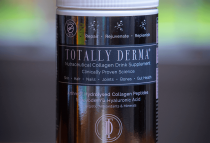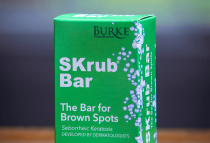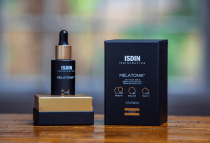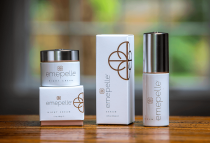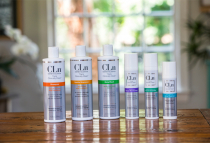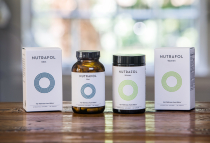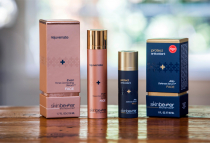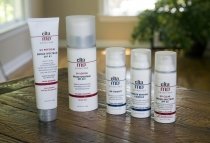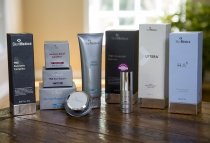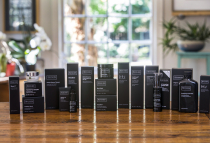Sun Safety
Skin cancer is the most common form of cancer in the United States. Current estimates are that one in five Americans will be diagnosed with skin cancer in their lifetime. Fortunately, most skin cancers can be cured if detected early.
Exposure to ultraviolet light, from the sun and indoor tanning devices, is the most preventable risk factor for skin cancer. That’s why it’s important to know the simple steps that you can take to protect yourself from skin cancer. To effectively guard the skin and detect skin cancer early, dermatologists recommend the following:
- Generously apply a broad spectrum, water-resistant sunscreen with a SunProtection Factor (SPF) of at least 30 to all exposed skin. On a cloudy day, up to 80 percent of the sun’s rays can pass through the clouds. So, use sunscreen even when cloudy.
- Throw away any old sunscreens. The FDA requires that all sunscreens retain their original strength for at least three years. Some sunscreens include an expiration date. If the sunscreen doesn’t have an expiration date, write the date of purchase on the bottle. That way you’ll know when to throw it out.
- Wear protective clothing, such as a long-sleeved shirt, pants, a wide-brimmed hat and sunglasses.
- Seek shade, especially between 10 a.m. and 4 p.m. when the sun’s rays are strongest.
- Use extra caution near water, snow and sand as they reflect the damaging rays of the sun. Sand reflects 25 percent of the sun’s rays.
- Get vitamin D safely through a healthy diet that may include vitamin supplements. Vitamin D is critical to healthy bones. The amount of vitamin D received from sun exposure is inconsistent. There is no known safe level of unprotected sun exposure.
- Avoid tanning beds. Ultraviolet light from the sun and tanning beds can cause skin cancer and wrinkling. If you want to look tan, consider using a self-tanning product, but continue to use sunscreen with it.
- Check your birthday suit on your birthday. If you notice anything changing, growing, or bleeding on your skin, see a dermatologist. Skin cancer is very treatable when caught early.





